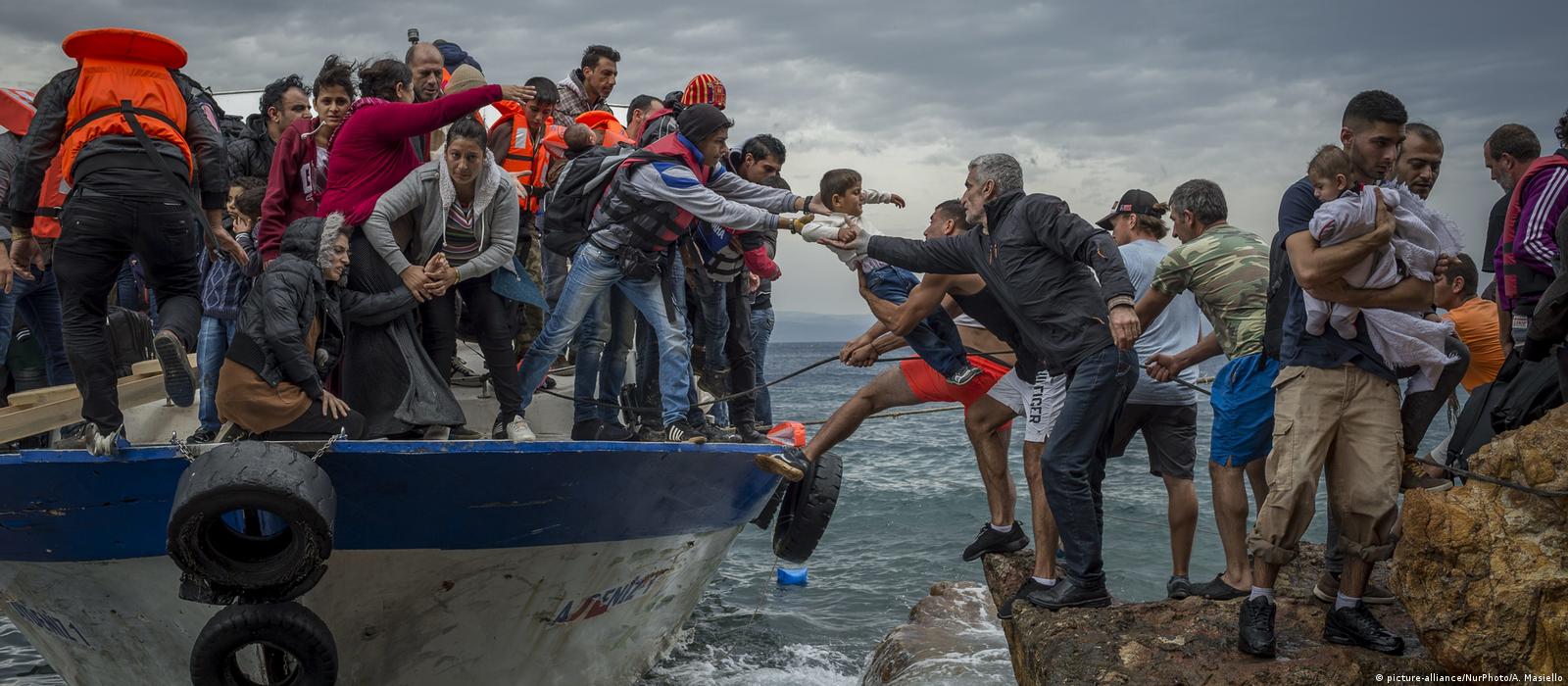The refugee problem is undoubtedly one of the global community’s top worries right now. I do not refer to the long-term refugees who fled the conflict and will return to their home countries once it is over when I refer to the refugee issue. I’m referring to those who entered the country illegally and aren’t eager to return to their own nations. The issue of those undocumented immigrants has long been a concern for the United States of America, and it is currently a major one for Turkey as well. The unchecked entry of a country is the key problem in certain circumstances.
A nation’s borders ought to be guarded much like its front door. People shouldn’t be able to enter a country so readily, just as any normal person wouldn’t accept strangers in their home. It not only imperils the security of the populace but also the integrity of a nation’s borders, which is safeguarded by national laws. In that situation, rules play a crucial role in protecting the nation from threats since they are what keep people from acting illegally. Despite the fact that every nation has its unique set of laws, laws protect the country’s general safety and system. They are created taking into account a number of variables, including the nation’s culture, economy, geographical location, and occasionally even its religion. They vary greatly from one country to the next as a result. Because of such, it would be ridiculous to compare Iranian law to Swiss law. Furthermore, expecting other nations to treat refugees equally when they don’t adhere to the same legal framework is absurd. Though the instances don’t have to be that dissimilar from one another, any nation with a legal system has the right to treat refugees in accordance with its laws as long as it upholds the fundamentals of human rights.
Another aspect of the refugee problem is that not every nation has the same capacity and resources to care for refugees, especially in light of the fact that some nations struggle to meet the most basic requirements of their own population. Given everything, it makes perfect sense and is required that nations treat refugees according to their own laws rather than adhering to a standard system. Only when laws are appropriate for the people they are intended to affect are they effective. When laws are not implementable, they serve no purpose. It is not equivalent to asking a nation with a population of 5 million to feed a nation with a population of 80 million. Since fairness and equality are two distinct ideas, being fair is more crucial in certain kinds of circumstances. Combining them all, everyone has the freedom to enact laws that are specific to their circumstances and circumstances in general.

